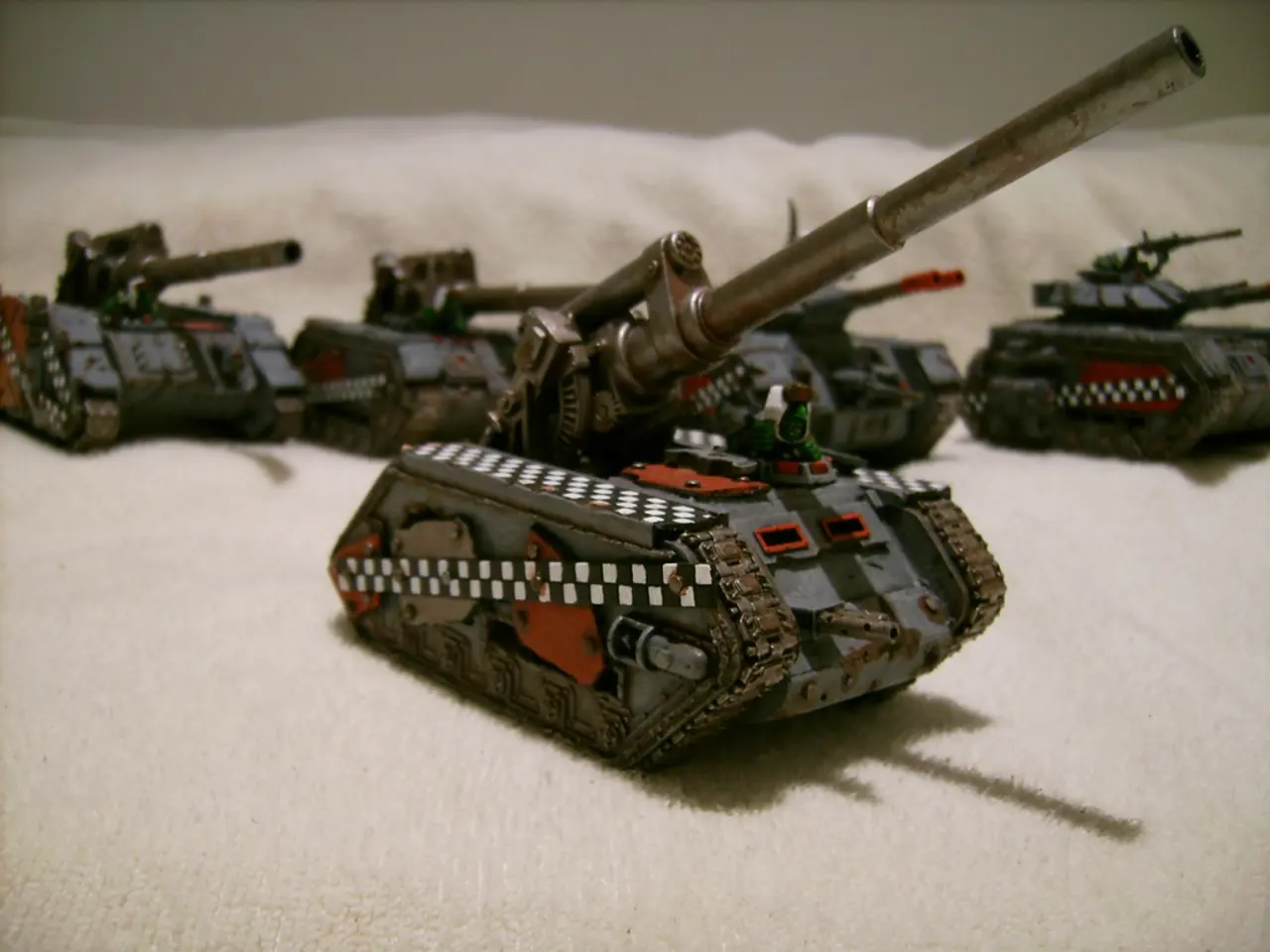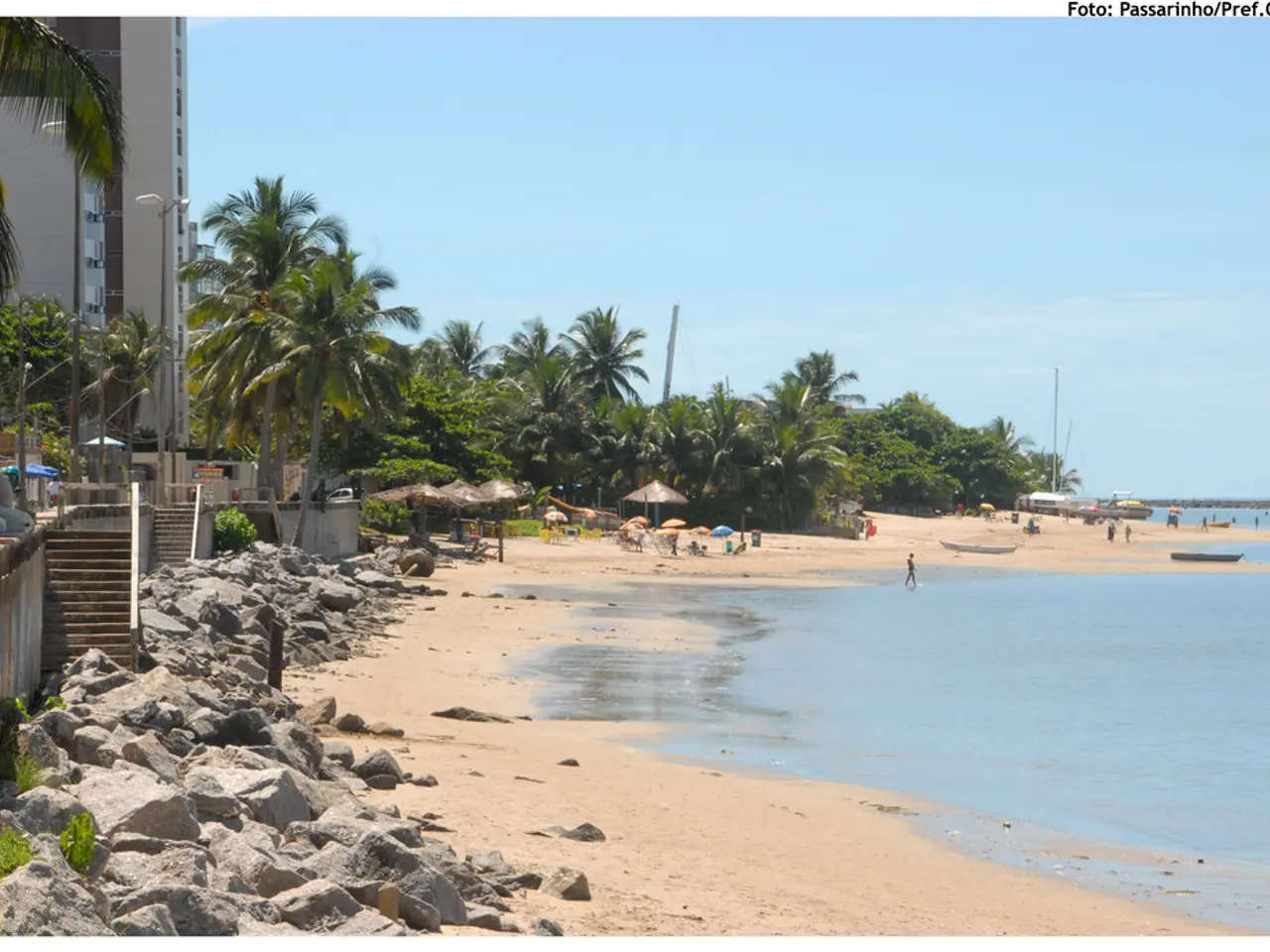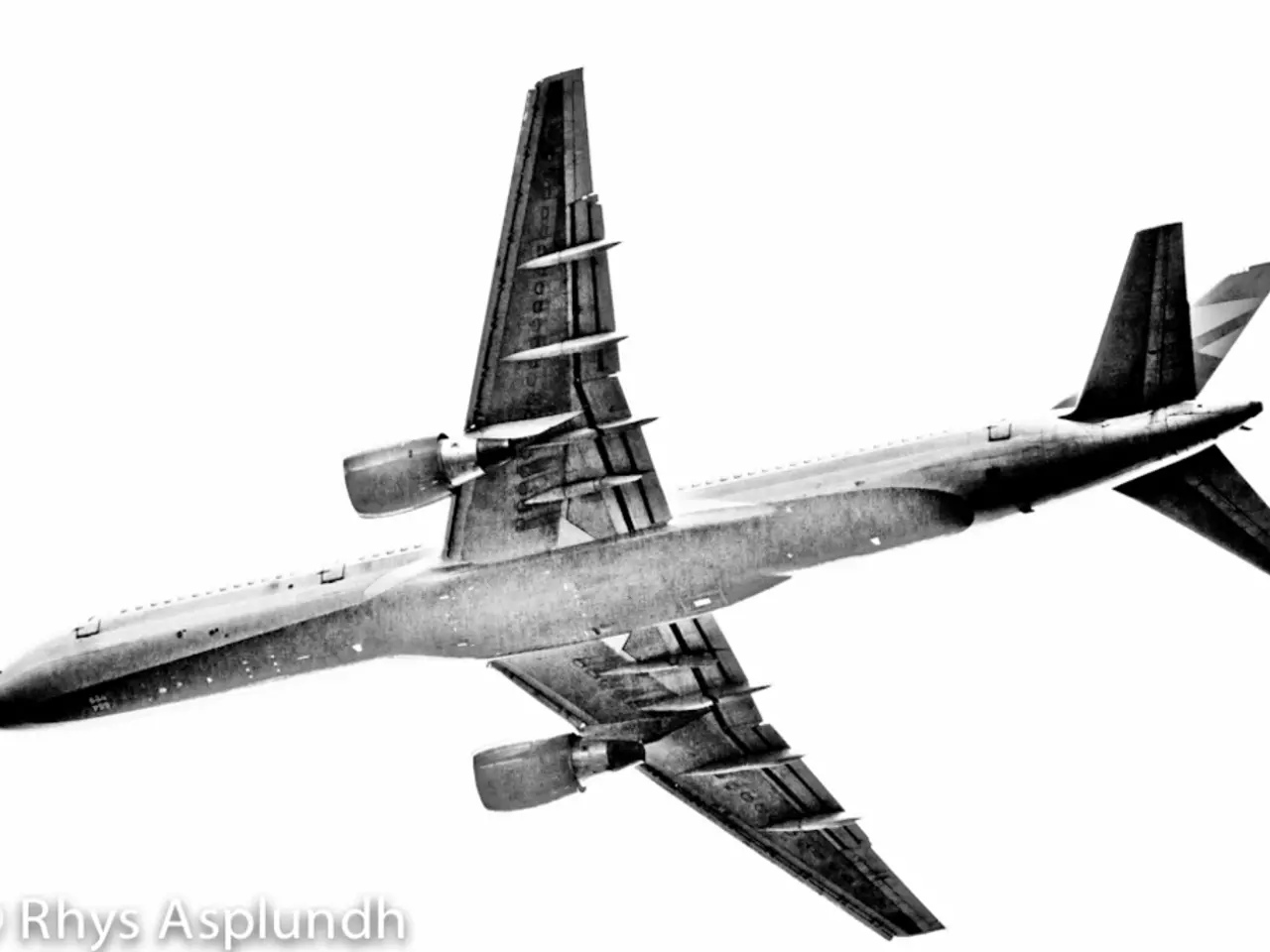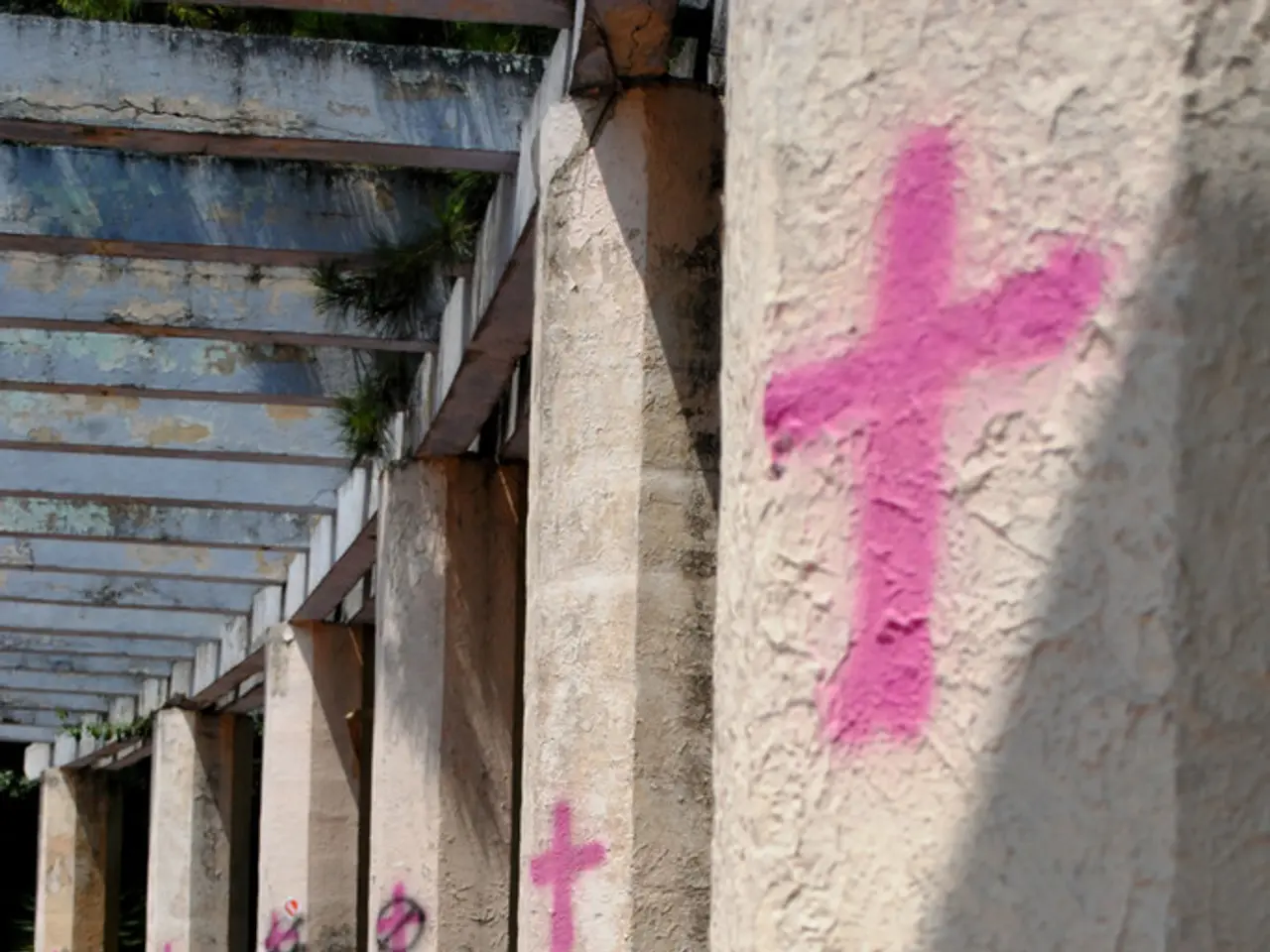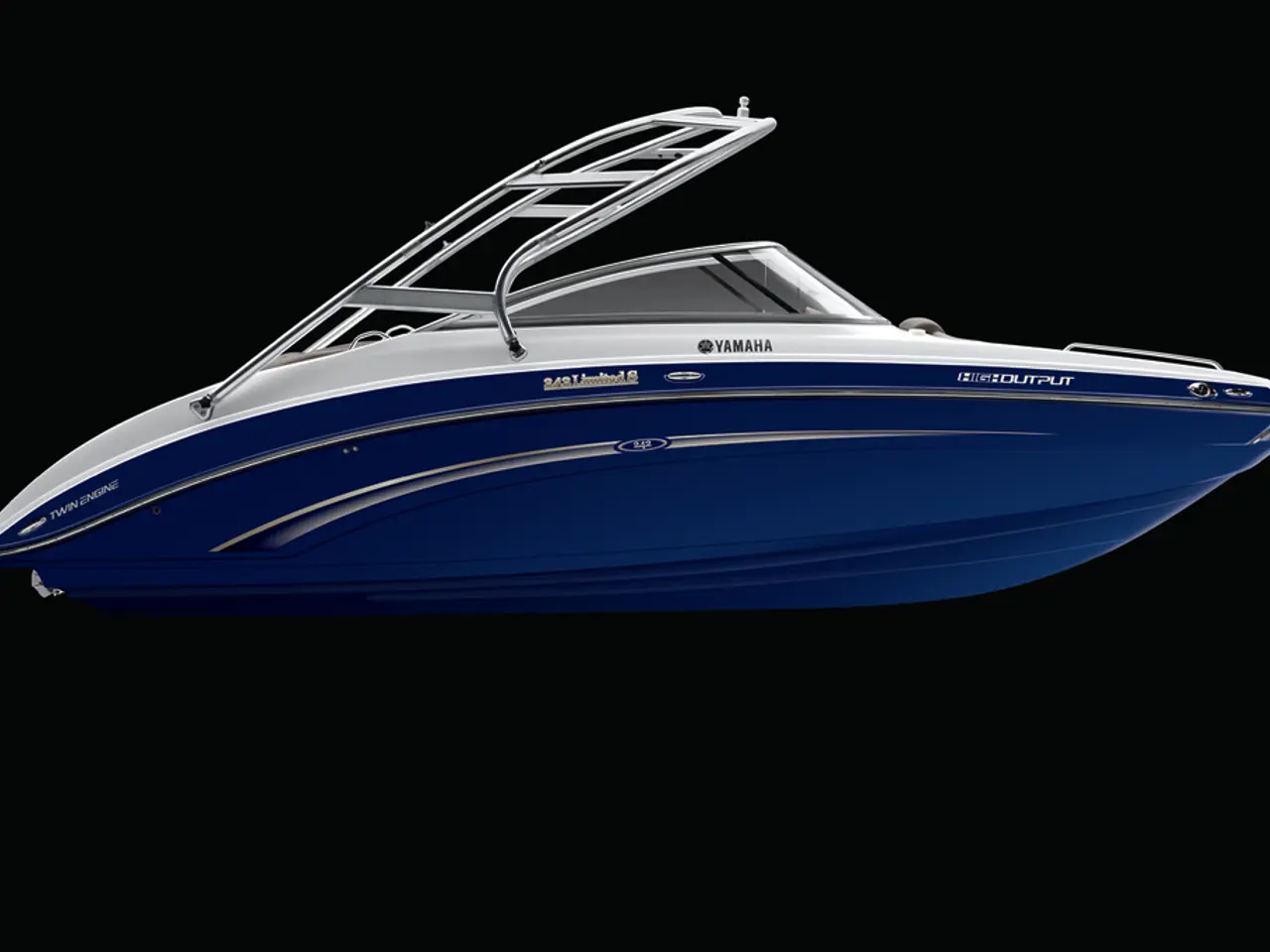Lithuania's security equates to our shared security, asserted Steinmeier.
In a significant move, the German 45th Armored Brigade is set to be fully stationed and reach full operational capacity in Lithuania by 2027. The deployment, which began in May 2025, initially involved about 4,800 troops and 200 civilian personnel stationed at the Rukla base in central Lithuania [1][2][3]. This marks Germany’s first permanent foreign troop deployment since World War II, signifying a major strategic shift in Germany’s role within NATO from a hesitant to a proactive security provider on the alliance's eastern frontier.
The purpose of this deployment is primarily to enhance NATO's deterrence posture against potential aggression from Russia, given Lithuania’s proximity to Russian missile batteries in Kaliningrad and Belarusian air bases. The brigade is central to NATO's "Vigilant Falcon" accelerated reinforcement plan aimed at rapid deployment of Allied forces in the Baltic region in the event of a crisis. This deployment also establishes the brigade as the regional command center in a scenario involving up to 30,000 Allied troops, aircraft, and naval vessels within 72 hours [1].
Lithuania, historically concerned about Russian threats, views the German brigade as a vital component of a security arc stretching from the Baltic capitals to Rome. This permanent brigade deployment signals Germany’s commitment to the security of its Baltic allies and marks a significant escalation in NATO’s defensive stance in the region following Russia’s 2022 invasion of Ukraine [1][2][3].
In addition to troop deployment, Germany is investing in infrastructure such as a new 160 km railway line to support logistics, jointly funded by Germany and Lithuania. The brigade’s annual operating costs are estimated at €800 million, with total investment between €6 and 9 billion, one-third of which Lithuania will cover [1].
The deployment of the German brigade is perceived as a symbol of European unity and responsibility. Lithuanian President Gitanas Nauseda invited President Frank-Walter Steinmeier as the guest of honor for the National Day, and Steinmeier expressed pride in Germany’s strong support for the Lithuanian people [1]. Steinmeier has assured Lithuania of Germany's support in defending its freedom, but did not mention Russia directly during his speech [1][2].
| Aspect | Details | |--------------------------------|--------------------------------------------------------------| | Deployment Start | May 2025 | | Full Operational Capacity | Expected by 2027 | | Location | Rukla base, central Lithuania | | Troop Strength | Approximately 4,800 troops plus 200 civilian personnel | | Purpose | Deterrence against Russia; NATO regional command center | | Strategic Importance | Secure Lithuania’s Sulki corridor, a vulnerable NATO point | | Infrastructure Investments | New railway line for logistics, funded by Germany and Lithuania | | Cost | Estimated €800 million annually; €6-9 billion total investment |
This deployment highlights Germany’s evolving strategic role and its commitment to collective defense under NATO in response to the changing security environment in Eastern Europe [1][2][3].
In light of the evolving security situation in Eastern Europe, the deployment of the German 45th Armored Brigade serves as an application of collective defense measures under NATO, aiming to strengthen deterrence against potential conflicts, particularly war-and-conflicts with Russia, due to Lithuania's proximity to Russian missile batteries and air bases. This strategic move reinforces Germany's proactive involvement in politics and highlights its commitment to the safety and security of its Baltic allies, as demonstrated by the annual expenses of €800 million and total investments of €6-9 billion, which includes infrastructure development like a new railway line.
